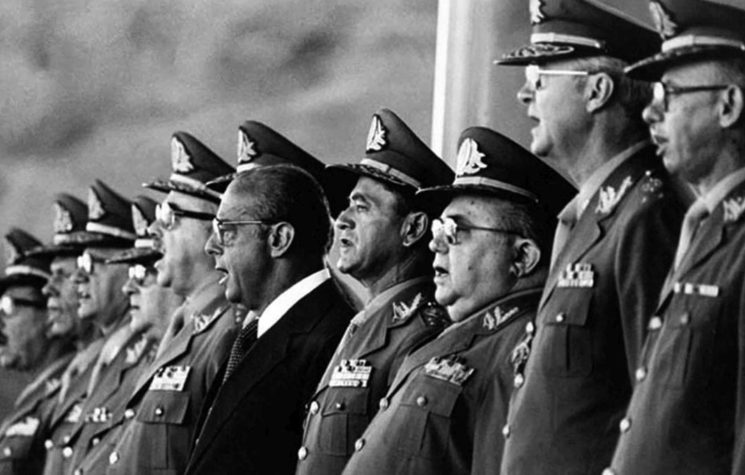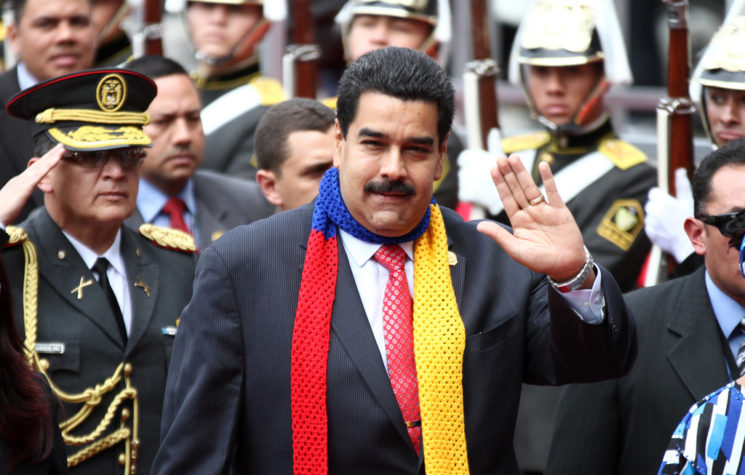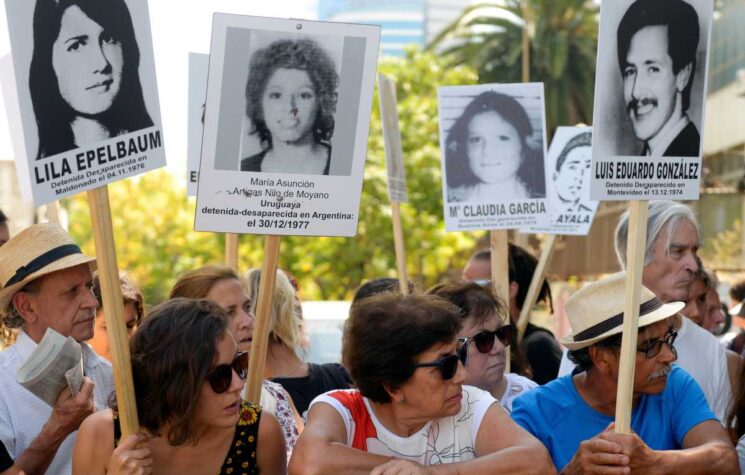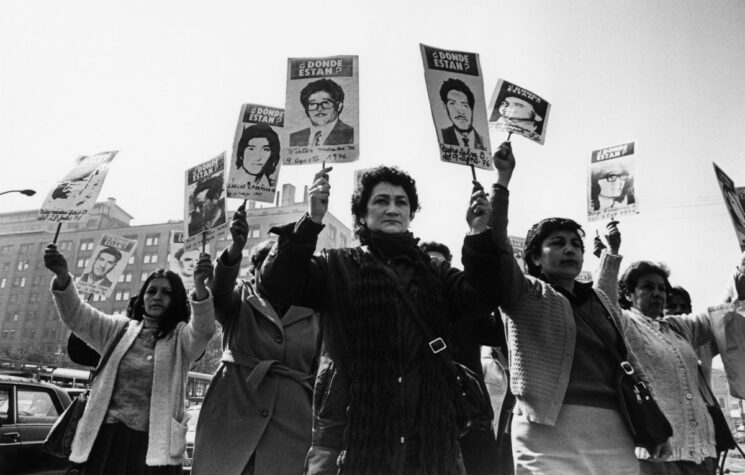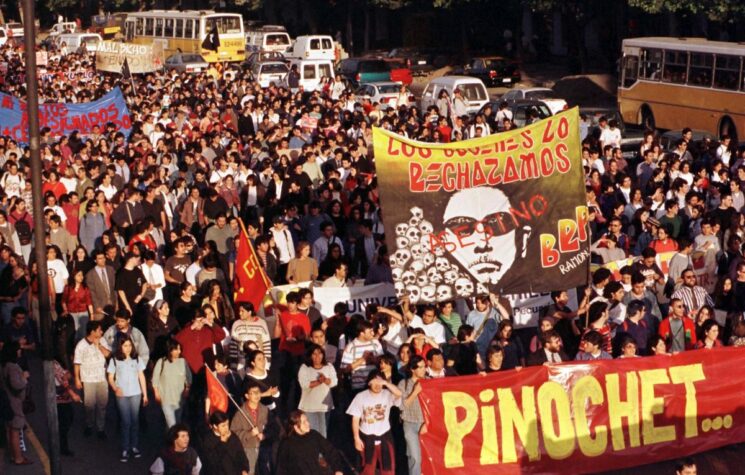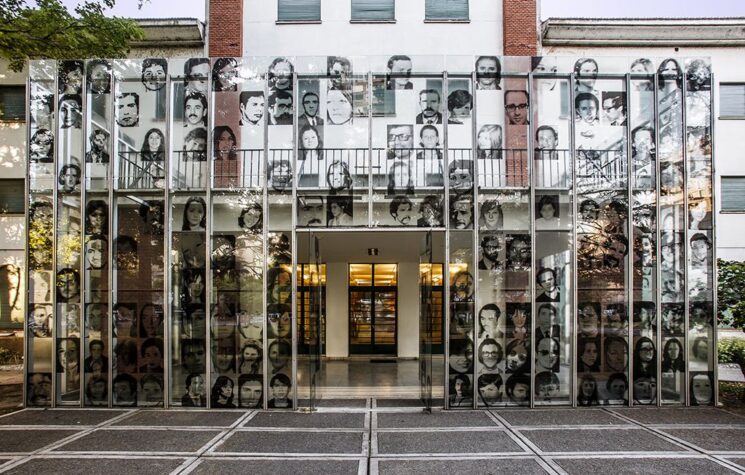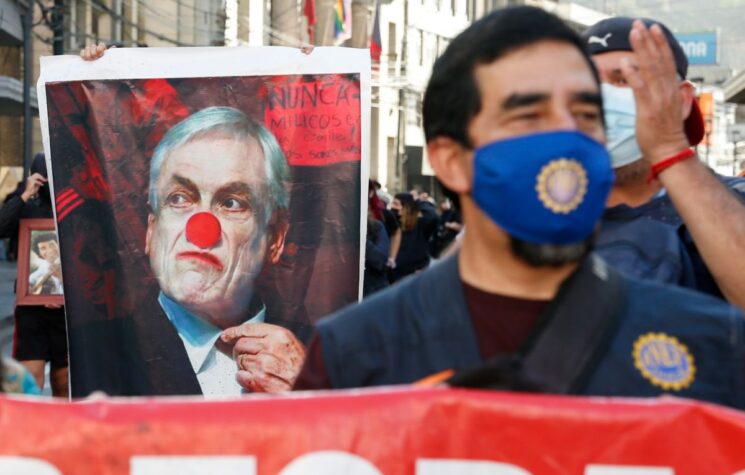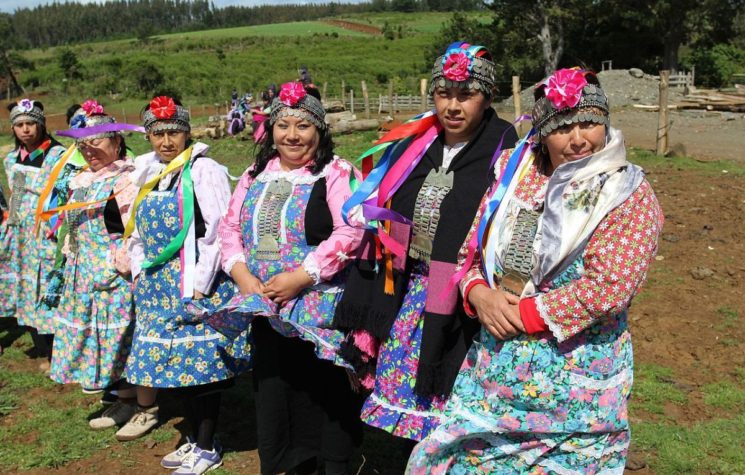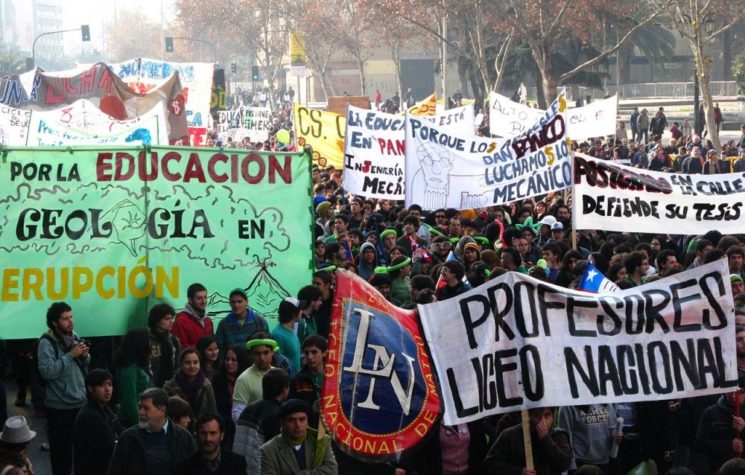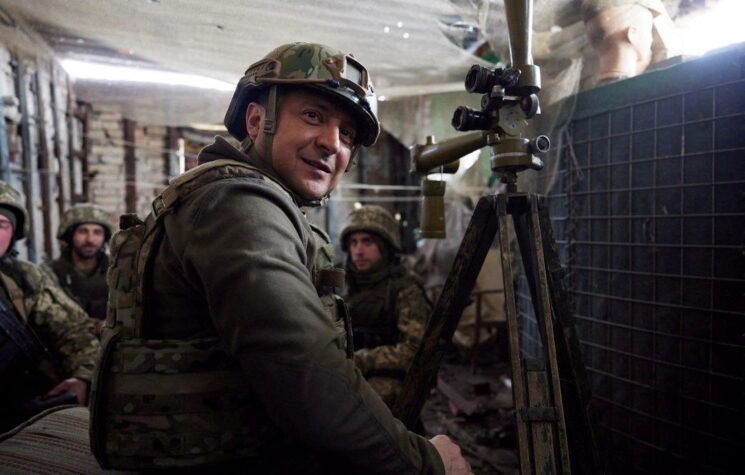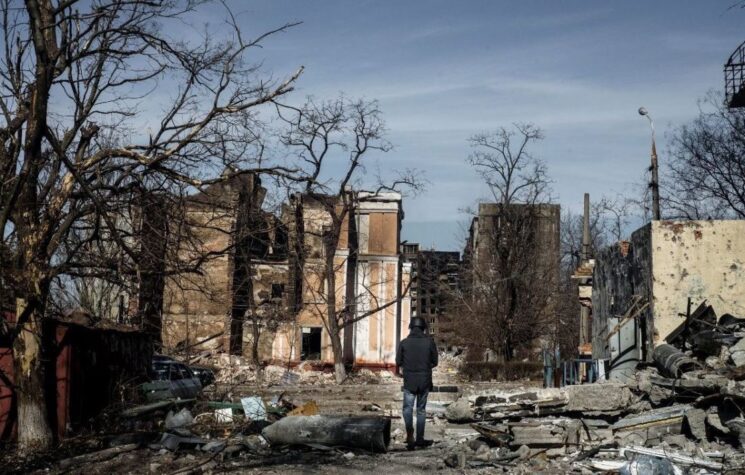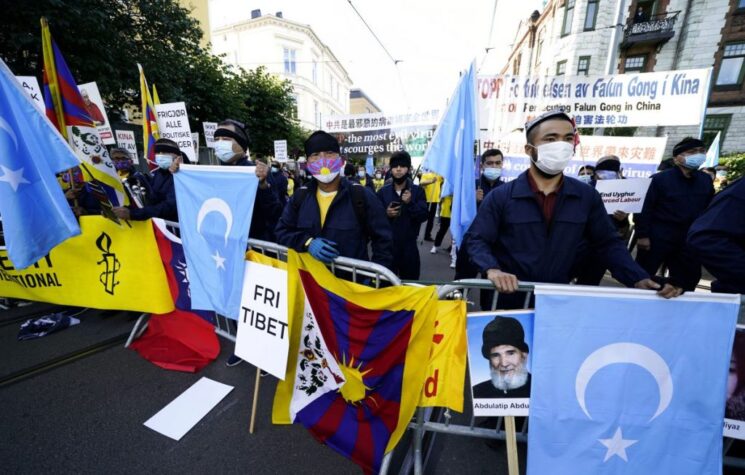“It does not matter whether the government is right or left-wing; impunity is maintained. Even with the previous governments it was discovered that the Armed forces burnt the archives with information and no steps were taken.” Former Revolutionary Left Movement (MIR) member and torture survivor Erika Hennings has experienced the trauma of state-enforced oblivion – she is still seeking the details about the extermination and disappearance of her husband, Alfonso Chanfreau.
Forty-six years since the US-backed military coup overthrew the democratically-elected, socialist government led by Salvador Allende, Chilean society remains fragmented and burdened with a legacy which all governments since the transition back to democracy have failed to challenge.
The neoliberal experiment unleashed upon Chile was violent – in 2011, the Chilean state recognised 40,018 people as victims of the Pinochet dictatorship, among them 3,065 who were killed and disappeared. The Chilean military’s pact of silence has hampered efforts to bring the perpetrators to justice, as well as forced Chileans to contend with gaps in their personal and collective memory.
Human rights lawyer and Communist Party deputy Carmen Hertz, whose husband Carlos Berger was one of the victims of the Calama Massacre in October 1973 – the last stop of the dictatorship operation known as the Caravan of Death, has also blamed the governments from the transition onwards for cultivating state impunity. Fragments of her husband’s remains were identified – together with the other Calama victims, Berger was mutilated, buried clandestinely and later exhumed for disposal into the ocean. The Chilean state, Hertz asserted, “has debt in truth, in justice, in reparation.”
The Chilean state, however, has no intention of facilitating the Chilean quest for justice and memory. Upholding impunity remains a prime concern for the government and the military. Oblivion, the act of forgetting which Pinochet insisted upon as the only means to move on from dictatorship crimes against humanity, is never far from Chileans’ consciousness. As a mechanism endorsed and implemented at state level, Chileans involved in memory and resistance activity are perpetually fighting against government efforts to erase remembrance.
Last Sunday, a march led by various human rights and memory group commemorating the victims of the Pinochet dictatorship in Santiago was violently disrupted by the Chilean police.
A recent cruel taunt by Brazilian President Jair Bolsonaro directed at former Chilean President Michelle Bachelet, whose father was murdered by the dictatorship, was mildly reprimanded by Chilean President Sebastian Piñera who, while denouncing the comment as regards subject matter, downplayed its significance by describing Bolsonaro’s dictatorship admiration as “different opinions”.
Bachelet, herself a torture victim, failed to maintain her promise to close the luxury prison of Punta Peuco, where former dictatorship agents serving multiple sentences lead privileged lives in incarceration. During her presidential terms, Bachelet made use of the Pinochet-era anti-terror law to target Mapuche communities and individuals involved in resistance. Although by no means an exception in resorting to the legislation, its use was most widespread during her tenure.
As part of his electoral campaign, Piñera had vowed changes to make the legislation easier to implement against the Mapuche. In November 2018, Mapuche youth Camilo Catrillanca was murdered by the Comando Jungla – a special force trained by the US and Colombia. Evidence related to the killing was destroyed and the witness, a minor, was beaten by the police.
In August this year, it was revealed that the Chilean military was spying on the Chilean investigative journalist and author Mauricio Weibel in 2016.
In another bizarre case, a former DINA agent pressed criminal charges against Javier Rebolledo, a Chilean investigative writer. Rebolledo’s research revealed detailed accounts of torture and sexual abuse perpetrated by DINA agents, among them Raul Quintana Salazar, who sued the author for purported defamation.
State-endorsed oblivion in Chile has made a travesty out of justice. Yet it has also ensured a strengthening of memory. The latter, however, faces one main hurdle in the form of governments normalising dictatorship violence. If governments in Chile continue to uphold the dictatorship pacts of silence, Chile’s memory will, with time, remain tethered to narrations which do not make it beyond diluted versions of history.








